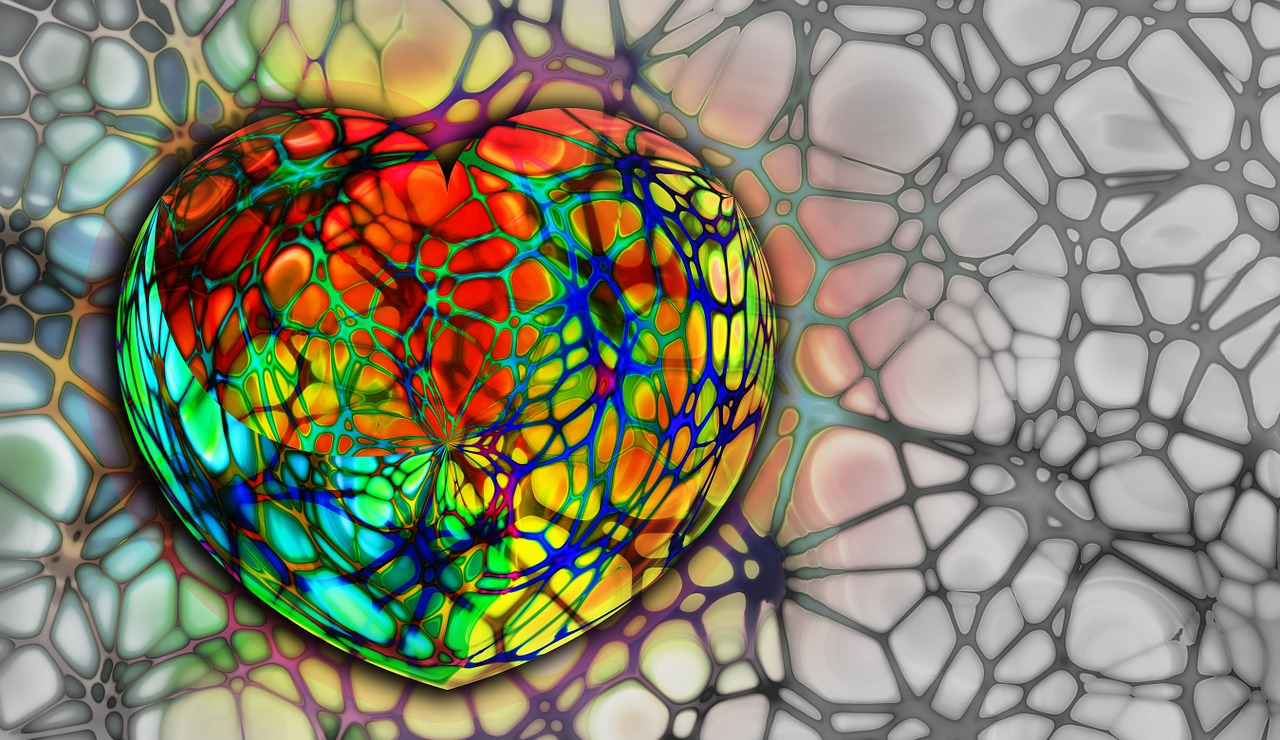
Grieving Affects Not Only Mental Health, But Physical Health as Well
Grief is a multi-layered thing. A lot of it is emotional and mental, but not many people realize it takes a physical toll as well. Particularly when you add in extraneous and unusual circumstances, such as grieving while in quarantine due to the COVID-19 pandemic. Without the usual in-person resources, such as support groups or the ability to gather and lean on friends and family, grieving can hit harder and take longer to cycle. Thankfully, here at Pathways, bereavement counseling and other typical face-to-face services remain available via telephone and other media in Alameda County and elsewhere.
Physical Symptoms of Grief
Many studies show the powerful effects grief may have on the body. It can increase inflammation, which worsens existing health problems and causes new ones. It beats down your immune system, leaving you vulnerable to infection and depleted of energy. The heartbreak of grief increases blood pressure and therefore the risk of blood clots. Intense grief may even alter the heart muscle so much that it causes what’s known as “broken heart syndrome, which is a type of heart disease that displays similar symptoms as a heart attack.
Stress is the link between the emotional and physical sides of grief. The systems in the body responsible for processing physical and emotional stress begin to overlap, while emotional stress activates the nervous system just as easily as physical stress does. When that stress starts to become chronic, a boost in blood pressure and adrenaline contributes to a myriad of chronic medical conditions. Indeed, emotional pain lights up the same regions of the brain that physical pain does, which is why painkillers such as Tylenol and opioids drugs can ease emotional pain.
Other ways in which grief manifests itself physically include:
- Alcohol and substance abuse: One study of sons and daughters who had lost a parent revealed they had a 2.4 times higher risk for alcohol and substance abuse as compared with children who hadn’t lost a parent, according to Get Healthy Stay Healthy. Effects of alcohol abuse can lead to weight loss, poor hygiene, liver problems, dry skin, and brittle hair and nails.
- Depression: Another study showed that one in four widows and widowers experienced clinical depression in the year following their spouse’s death. Depression can manifest itself in chest pain, fatigue, exhaustion, aching muscles and joints, digestive problems, back pain, restlessness, and sexual problems.
- Poor sleep: Still more studies show those dealing with grief experienced difficulty falling and staying asleep. Poor sleep, as you know, can have its own harmful effects, draining your mental abilities, and putting your physical health at risk. Effects can include weakened immunity, high blood pressure, risk for diabetes, risk of heart disease, and memory issues.
Because our minds and bodies are closely connected, other physical symptoms of grief can include:
- Headaches
- Stomach aches
- Body aches
- Changes in weight
- Changes to sleep patterns
- Changes in eating routines
- Increased colds due to lower immunity
- Fatigue
- Generally feeling sick and run down
Coping With Grief
Fortunately, there are healthy ways to deal with your grief, so that you can feel better physically and emotionally. Harvard Medical School suggests:
- Trying yoga, tai chi, or qigong: These are mind-body activities designed to help you relax, reversing the effects of anxiety and stress on a molecular level.
- Keeping up with a healthy diet: Stress triggers strong cravings for foods with fat and sugar, causing you to opt for feel-good, high-fat, and high-calorie processed food. But ironically, those foods make you feel worse in the end. Stick with a well-balanced diet, eating lots of vegetables, fruits, and lean proteins, and drinking lots of water.
- Follow a sleep routine: Grief can be emotionally exhausting, and that often leads to sleep disruption. Go to bed at roughly the same time each night and avoid caffeine and alcohol in the evening. Getting more sleep will help you feel more rested during the day, easing some of the mental and physical symptoms of grief.
- Get fit: All it takes is a simple daily walk each day to ease depression, agitation, and sadness related to grief. Because it’s tough to summon the energy to exercise, grab a workout buddy or join a fitness group for motivation.
- Don’t neglect your health: It’s easy to forget about your general health when you are in the process of grieving. You may skip doctor visits or forget to take your medications. Schedule and keep all your exams for the upcoming year, marking them on the calendar and setting alerts on your phone.
- Take on new responsibilities: You may find yourself thrust into new roles that your deceased spouse may have handled, such as cooking, doing housework, or organizing financial records. These may represent additional stressors for you, but try to turn them into positive experiences. These new challenges can focus your mind on the task, distracting you from your grief.
- Reach out to friends: It’s vital to maintain connections with others as a reminder that you are not alone in all this. Lean on the offered support from family members, friends, and neighbors.
Contact Pathways Home Health and Hospice
Contact us at 888-978-1306 to learn more about our bereavement services, including grief counseling, support groups, workshops, and memorial services.

